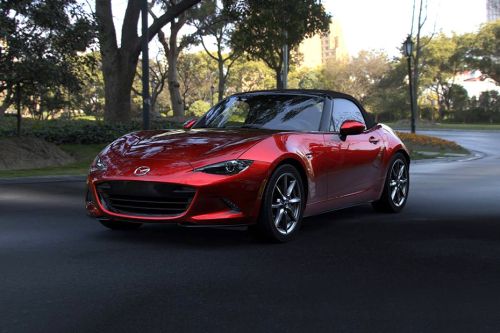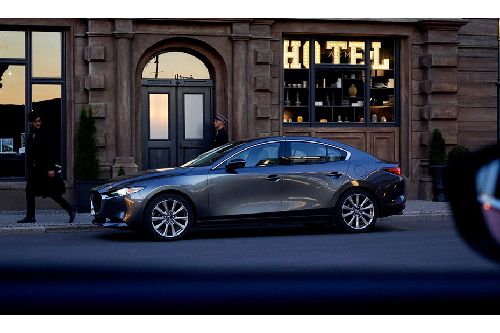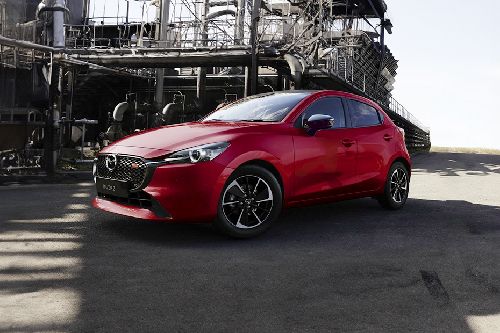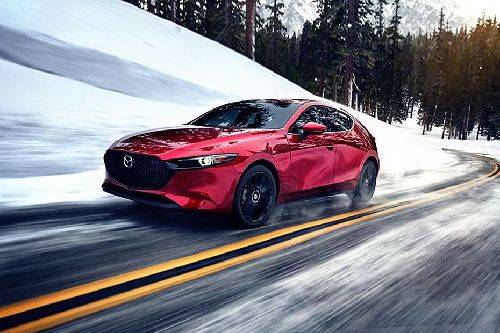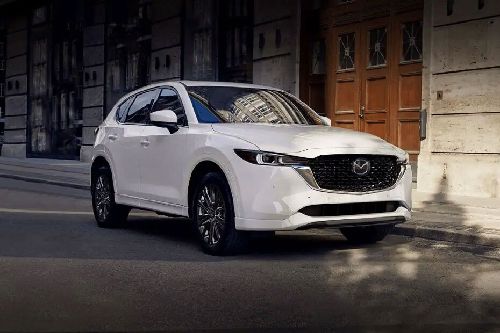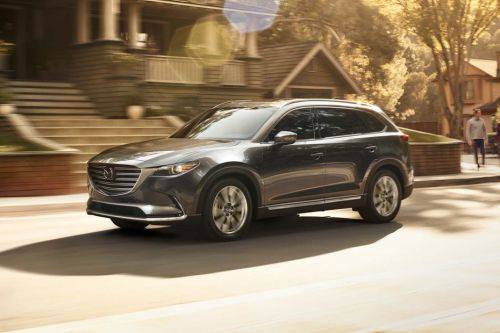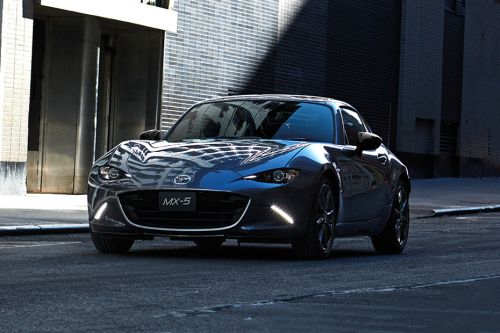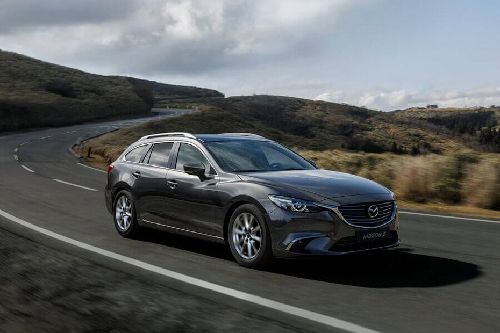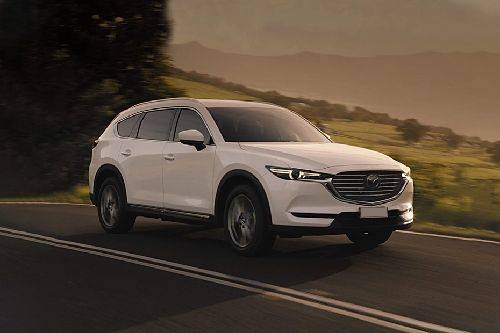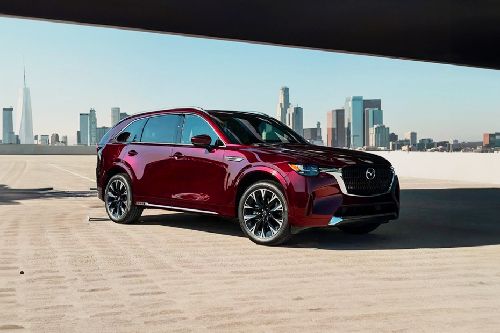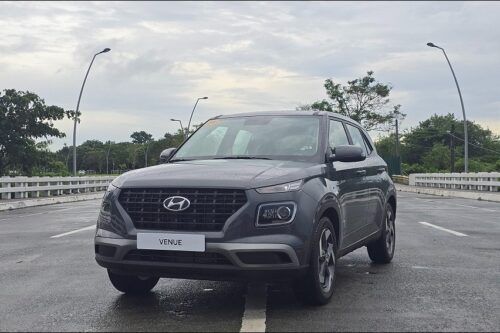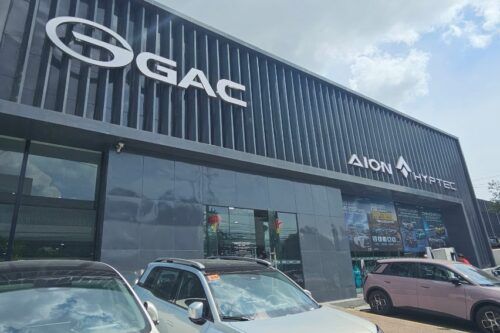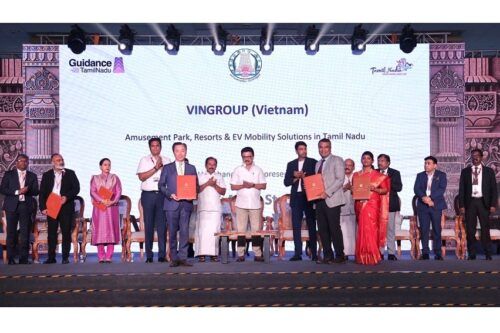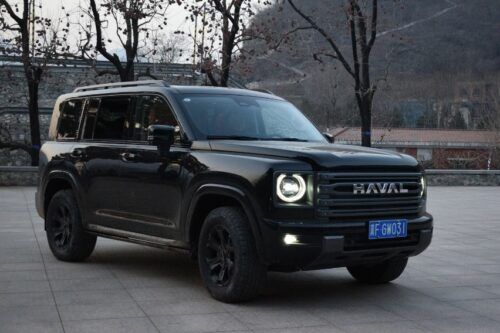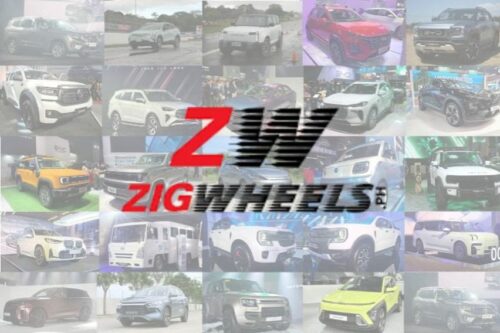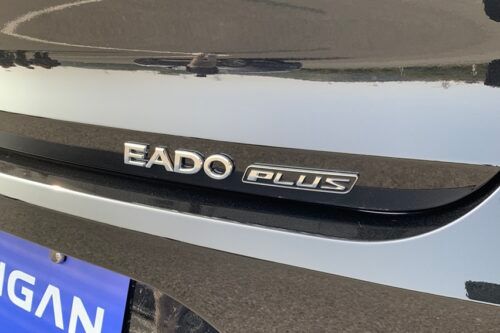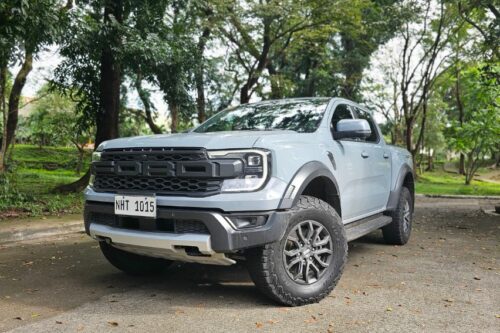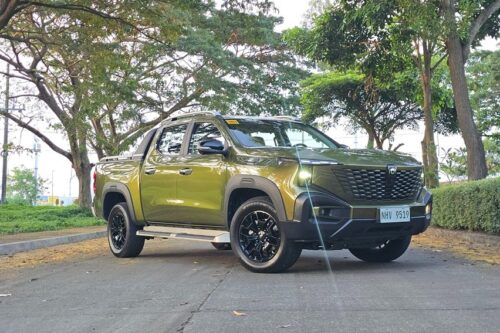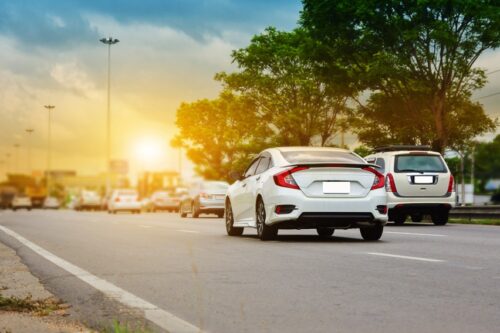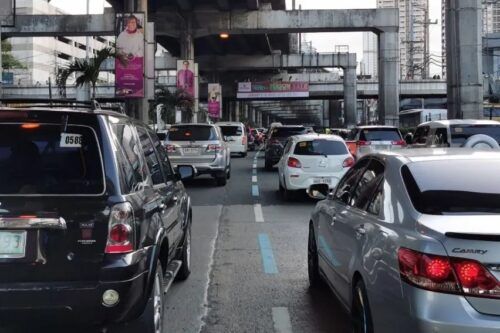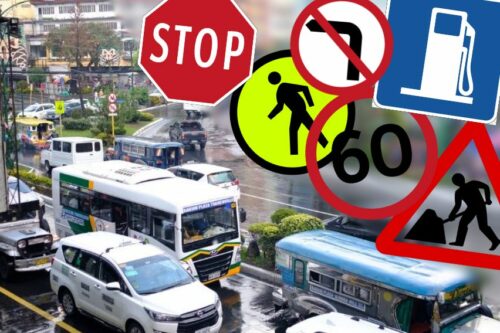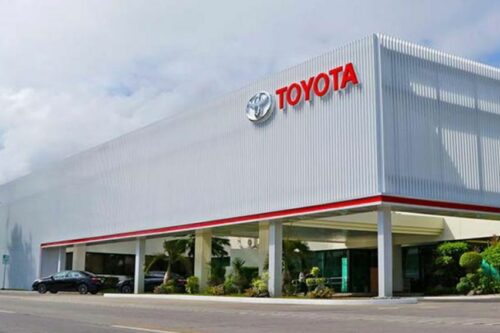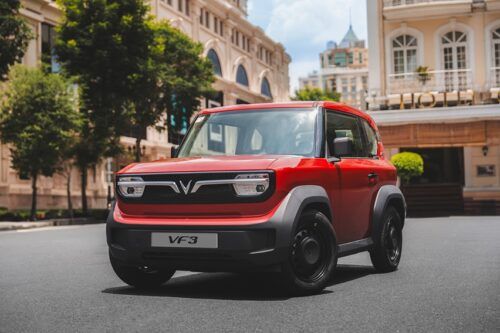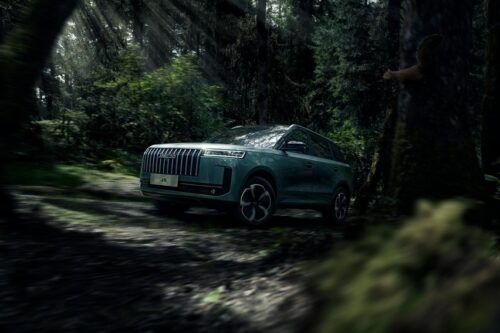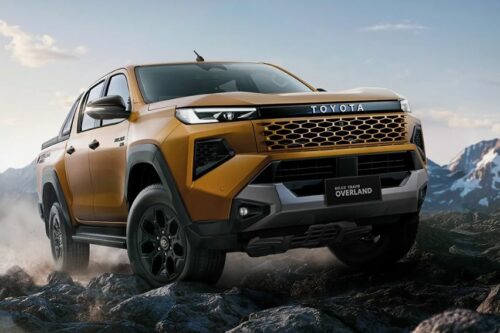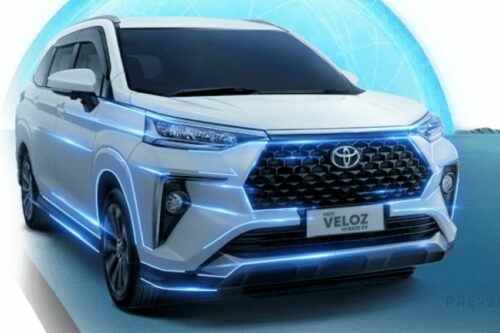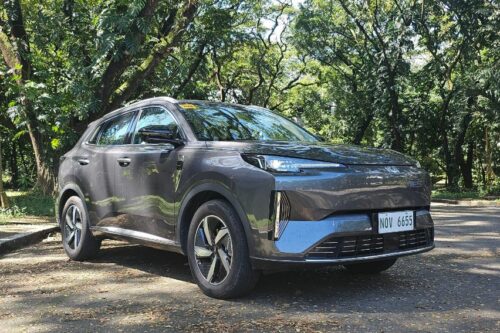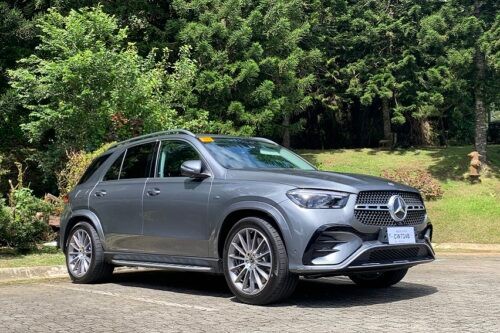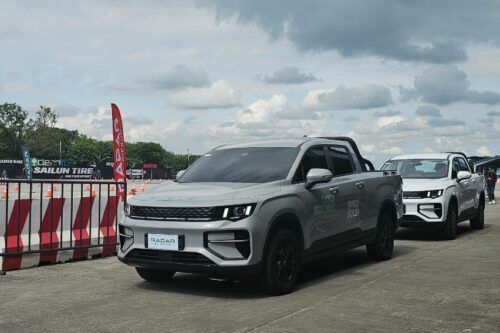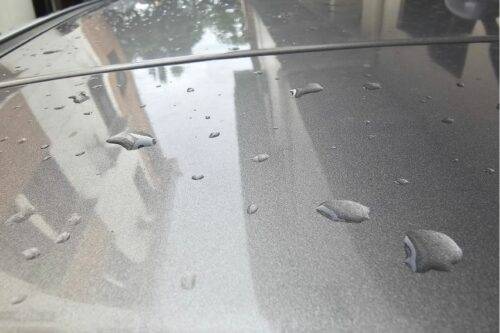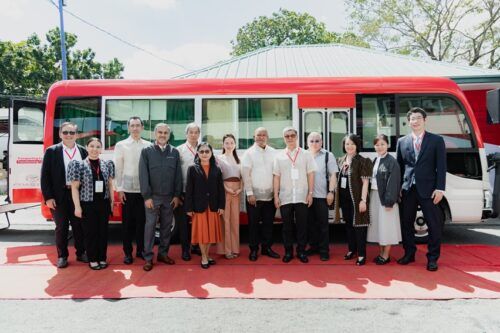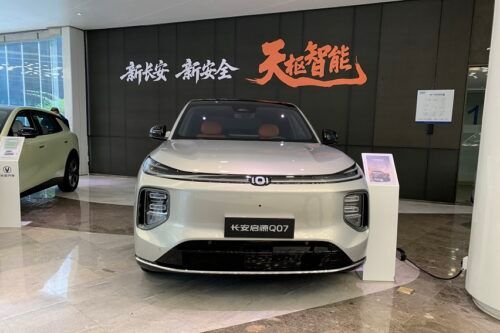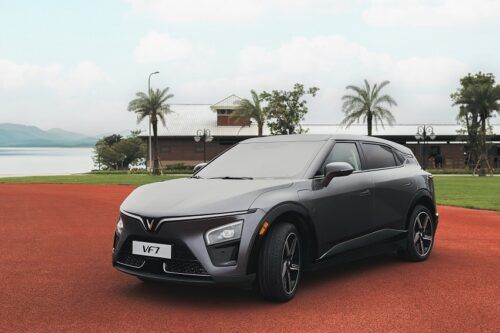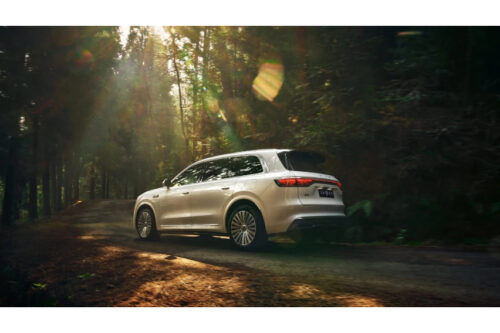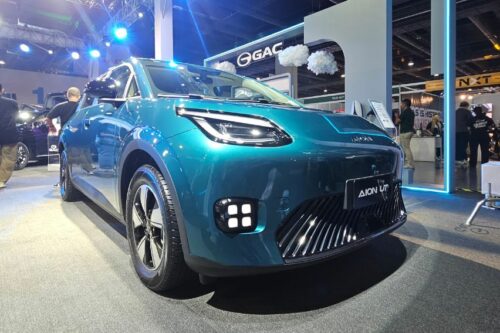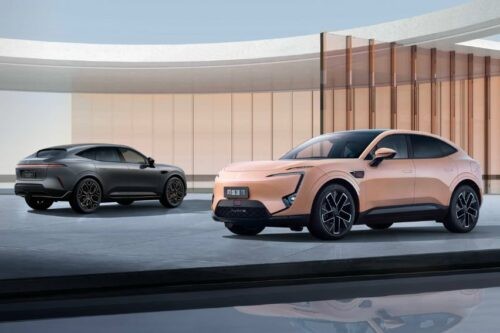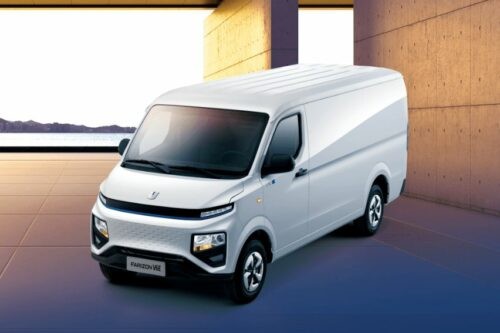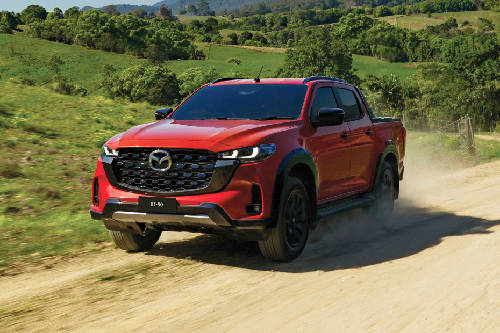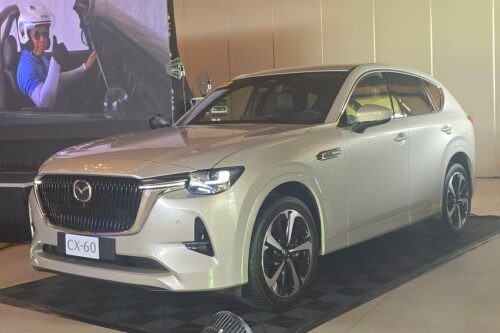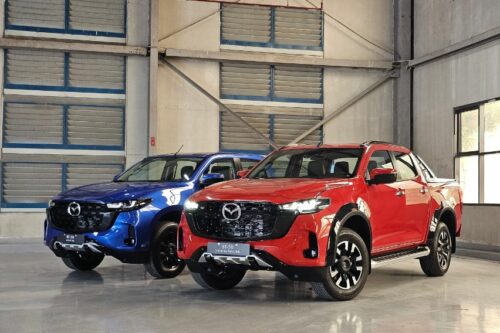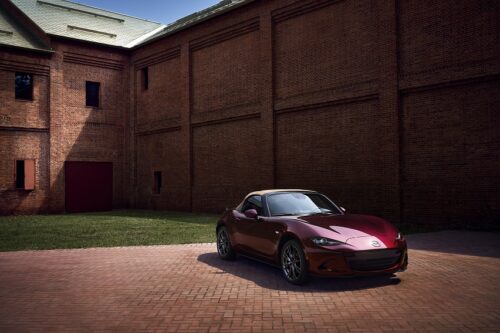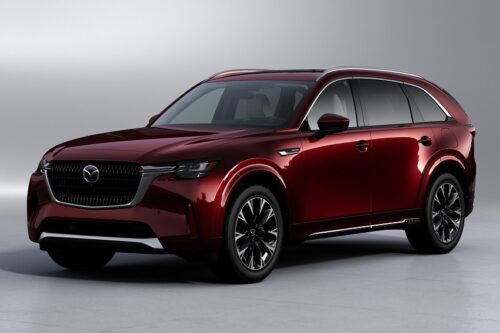Mazda reaffirms commitment to carbon neutrality in entire operations by 2050
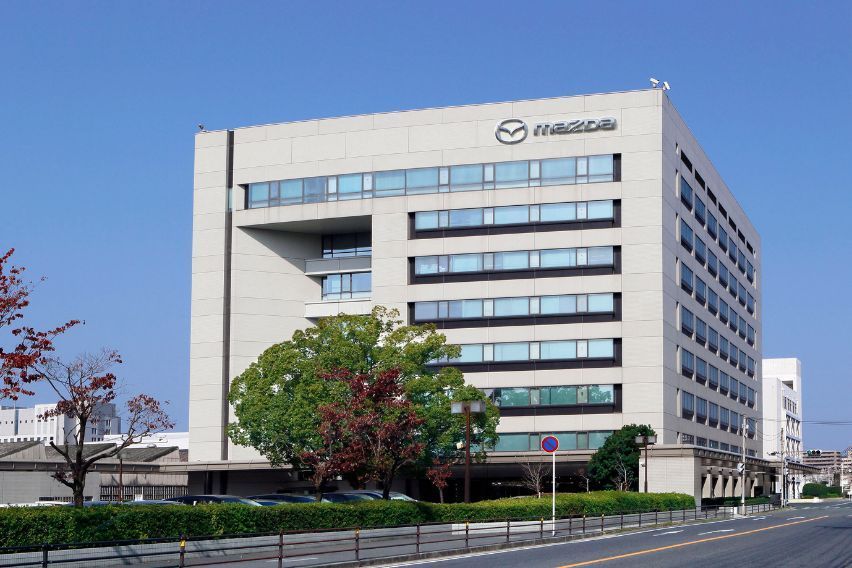
MANILA: An update to the Mazda midterm management plan and strategy until 2030 was announced by Mazda Motor Corporation.
KEY TAKEAWAYS
What are the joint ventures that Mazda formed as part of its transition to electrification?
Mazda signed a joint development agreement for advanced motor technologies, as well as a joint development agreement for the development of inverters, including silicon carbide semiconductors. They also announced that they had formed a joint venture firm with two companies to innovate and create motor technology.What is Mazda's target in terms of the safety of its products?
Mazda aims to continue enhancing the safety of its products, with the target of zero fatal accidents involving any new Mazda by 2040.The announcement underlined how Mazda is positively responding to the highly uncertain economic landscape and is reaffirming its commitment to become carbon neutral in its entire operations by 2050.
With the rise of electrified products and the corresponding regulatory system, the environment in which car manufacturers operate has changed massively in recent years, notably in Europe.
In order to be ready to adapt to these future developments, Mazda created a three-phase plan towards 2030.
Acceleration of electrification under the multi-solution approach
Mazda Motor Corporation will concentrate on enhancing its ability to adapt to environmental changes until 2024 by strengthening its efforts in the areas of technological development, supply chains, and cost reductions. Mazda will speed up the electrification of its fleet during this time by developing appealing products that adhere to regulations and then applying the Mazda Multi-Solution approach.
The Mazda MX-30 BEV and Mazda CX-60 PHEV have both been a huge success in Europe. Mazda Motor Corporation is also set to launch the Mazda MX-30 R-EV next year.
Transition to electrification
Mazda will continue to produce the parts needed in the electrification of its range from 2025 to 2027 as rules tighten, especially in Europe. This will entail both the global release of new battery electric vehicle models as well as the improvement and use of Mazda's numerous electrification and production technologies.
Advancing launch of BEVs towards 2030 through strategic partnerships
This transition will conclude during the third phase until 2030.
Mazda will transform into an electric vehicle manufacturer through partnerships in various industries. It was revealed during the presentation that Mazda and its partners have inked a partnership deal to jointly develop and build highly efficient electric drive units.
Mazda has established a joint venture company to develop highly efficient production technologies and create a production and supply framework for electric drive units as a first step toward electrifying all of its models by 2030.
The MC management also revealed that they had signed a joint development agreement for advanced motor technologies, as well as a joint development agreement for the production of inverters, including silicon carbide semiconductors. They also announced that they had formed a joint venture firm with two companies to innovate and create motor technology.
Mazda will continue to purchase batteries from its partner companies. Mazda recently reached a deal with Envision AESC to purchase batteries for the production of electric vehicles in Japan. Mazda said that the company will consider investing in battery production in the medium term as it launches more battery electric vehicle models.
By investing in the development of human-centric advanced driver assistance systems, Mazda aims to continue enhancing the safety of its products, with the target of zero fatal accidents involving any new Mazda by 2040.
Photo from Mazda Motor Corporation
Also read: Mazda reveals upgrades to US-spec 2023 MX-5 Miata
Sell your car at the best price
 Verified and genuine buyers
Verified and genuine buyers
Mazda Car Models
Trending & Fresh Updates
- Latest
- Popular
You might also be interested in
- News
- Featured Stories
Mazda Featured Cars
- Latest
- Popular
Latest Mazda Car Videos on Zigwheels

Mazda Car Articles From Carmudi
- journal

